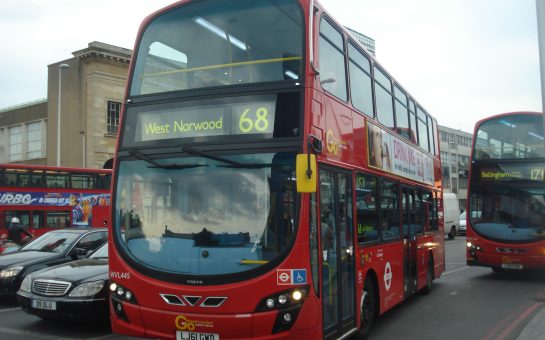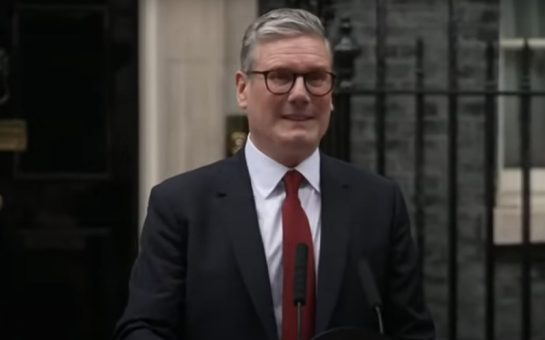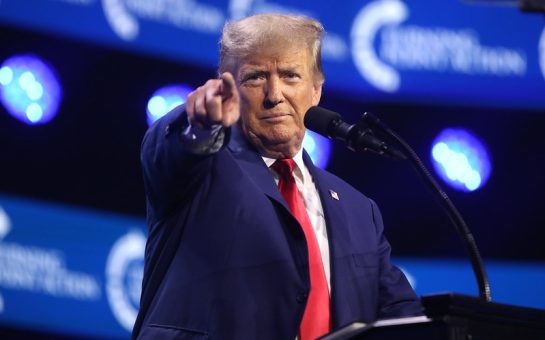![]() By Aliss Higham
By Aliss Higham
October 18 2019, 17.50
Follow @SW_Londoner
After three years of discussion, debate, and more often than not, debacle, the UK is now potentially in its final fortnight of Brexit negotiations.
The House of Commons will sit tomorrow, Saturday October 19 to debate and vote on the prime minister’s new deal.
This is the first ever Saturday sitting of the commons since the Falklands conflict.
The commons will convene at 9:30am, beginning with a statement from the Prime Minister on the Brexit deal he has negotiated with the EU, followed by a debate and then voting.
The Prime Minister has framed this as a choice between his new deal and a no-deal Brexit.
What is new about Boris’s deal?
Northern Ireland will remain aligned with the single market on goods, however checks and procedures will take place at all ports but not at the Irish border.
It means the UK will hold the responsibility for applying EU rules in Northern Ireland.
There have also been changes to the political declaration setting out plans for the long-term relationship between the UK and the EU.
Both sides will work towards a Free Trade Agreement and a high-level meeting will be convened in June 2020 to take stock of progress.
Will Johnson get the support?
At this point, it can’t be called.
The prime minister needs at least 320 votes to be certain of victory.
Usually in votes 326 votes are needed, however seven Sinn Fein MPs do not sit as well as four speakers who do not vote. The votes of four ‘tellers’ are not counted.
It is assumed no one will abstain.
The Conservative party currently holds 288 seats in the commons, quite a bit shy of a majority.
Who is voting for what?
A faction of committed Brexiteers, known as the ERG, could ignore the Tory whip if they feel the deal does not provide a hard exit from the EU.
284 Conservatives will vote in line with the whip.
The whip was removed from 21 Tory MPs for voting against the PM including Wimbledon MP Stephen Hammond and Putney MP Justine Greening.
MPs in this group are expected to scatter votes either side.
Jeremy Corbyn said: “As it stands we cannot support this deal … also it is unclear whether it has the support of his allies in the DUP, or indeed, many allies on his own backbenches.”
Most are expected to obey the whip, however a small minority of Labour MPs are explicitly pro-Brexit and supported Theresa May’s doomed deal.
Labour rebels are absolutely crucial to the PM’s hopes of getting a deal approved.
There are around 19 Labour MPs who might vote for the deal, with some of them confirmed to back the government. They include Frank Field and Sarah Champion.
All but one Liberal Democrat MP will vote against the deal.
The SNP will vote in its entirety against the deal.
10 DUP MPs have confirmed this afternoon they will vote against the government.
This is ultimately what killed Theresa May’s deal.
The former PM headed a marginal majority government, albeit propped up by the DUP.
Johnson does not hold a majority government.
Only one thing seems certain: the prime minister is teetering on a knife edge.
What is the Benn act?
The Benn act (or The European Union (Withdrawal) (No. 2) Act 2019) will require the prime minister to ask the EU for an extension to the Article 50 negotiating period, to avoid a no-deal Brexit on 31 October.
What about no deal?
It seems unlikely.
Some EU sources have said that if the deal is rejected and the Benn act comes into play, they would not reject a request by the UK for another extension, despite this not being what No.10 has in mind.
Others, such as French President Emmanuel Macron, have said they will not grant an extension to the UK.
The Benn act passed at second reading last month by 329 votes to 300.
Brexit march
Thousands are expected to descend on central London tomorrow to demand the public is given a final say on Brexit.
The Final Say rally will begin at Hyde Park corner and end in Parliament Square.
Feature image from: Arno Mikkor, on flikr, with thanks.




